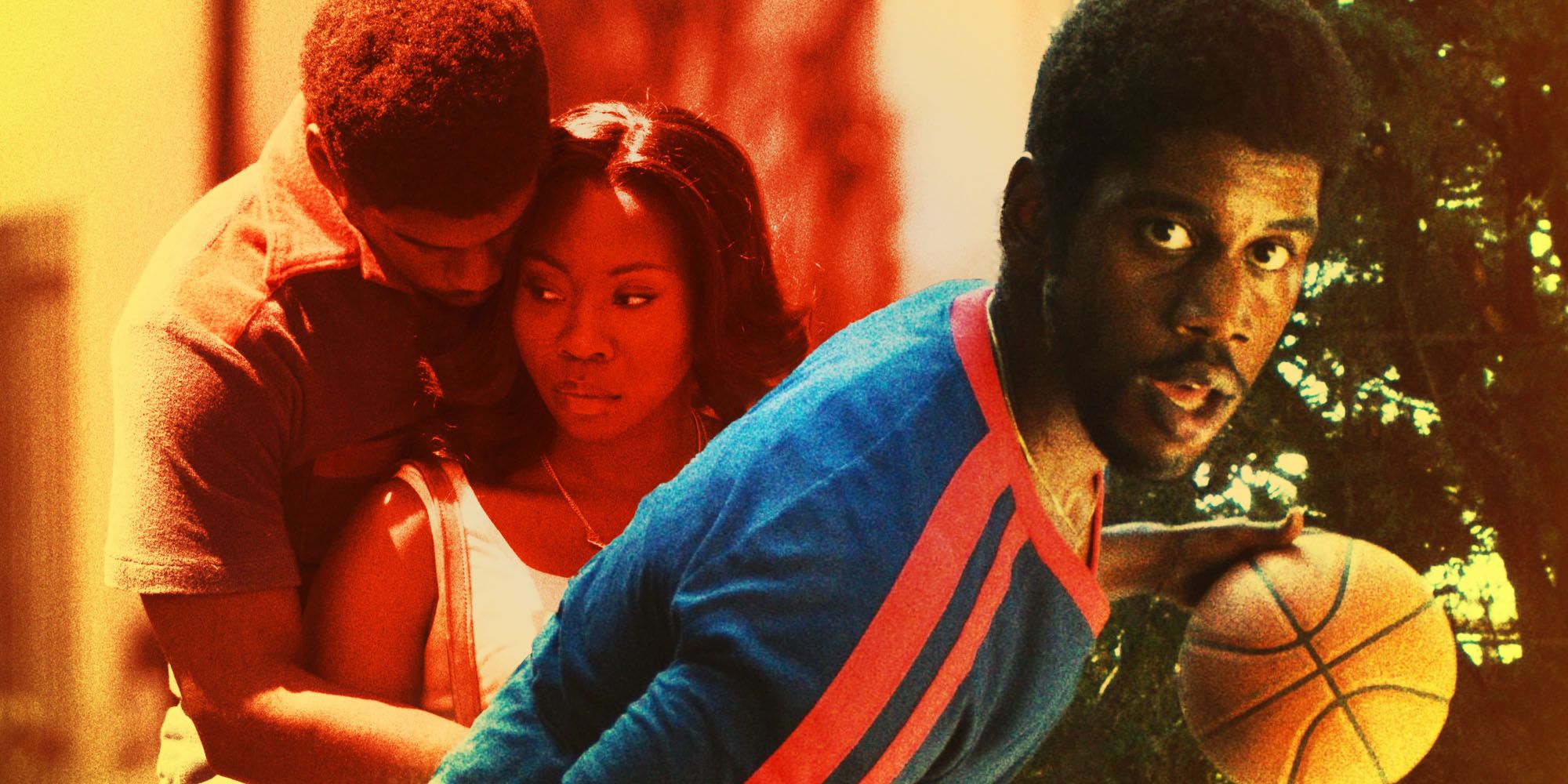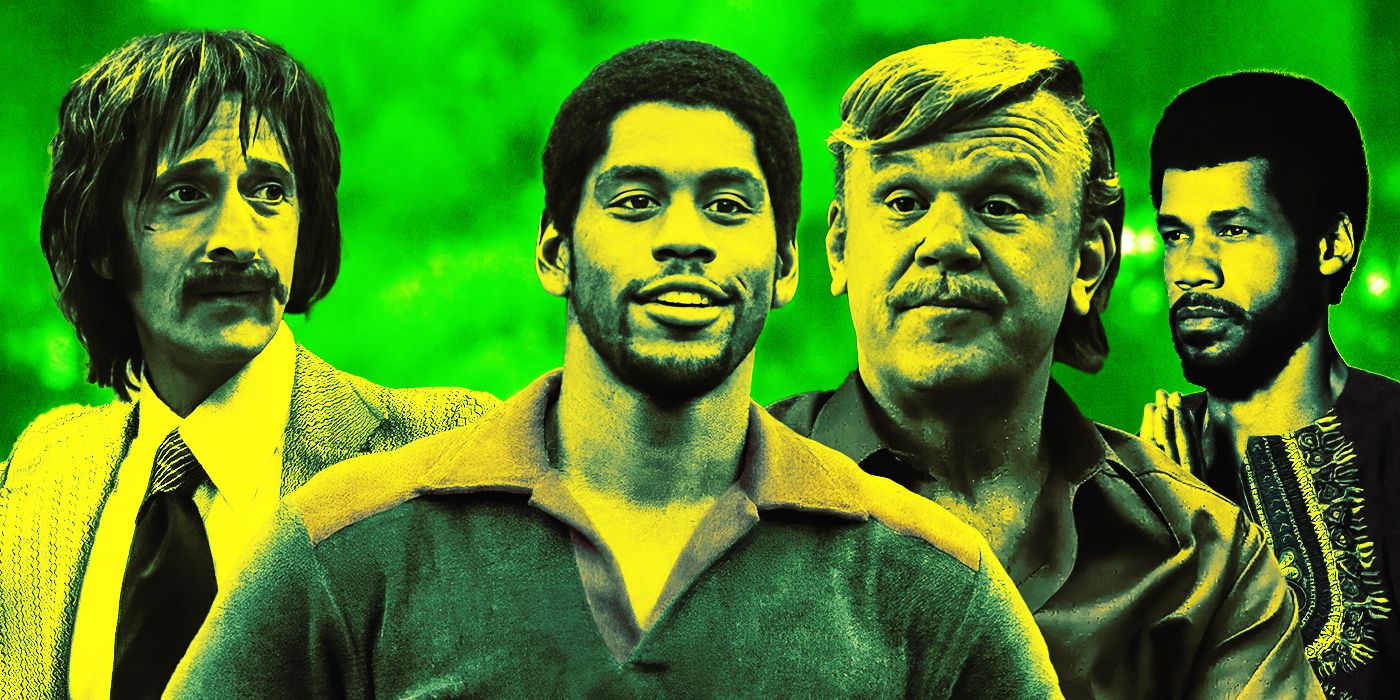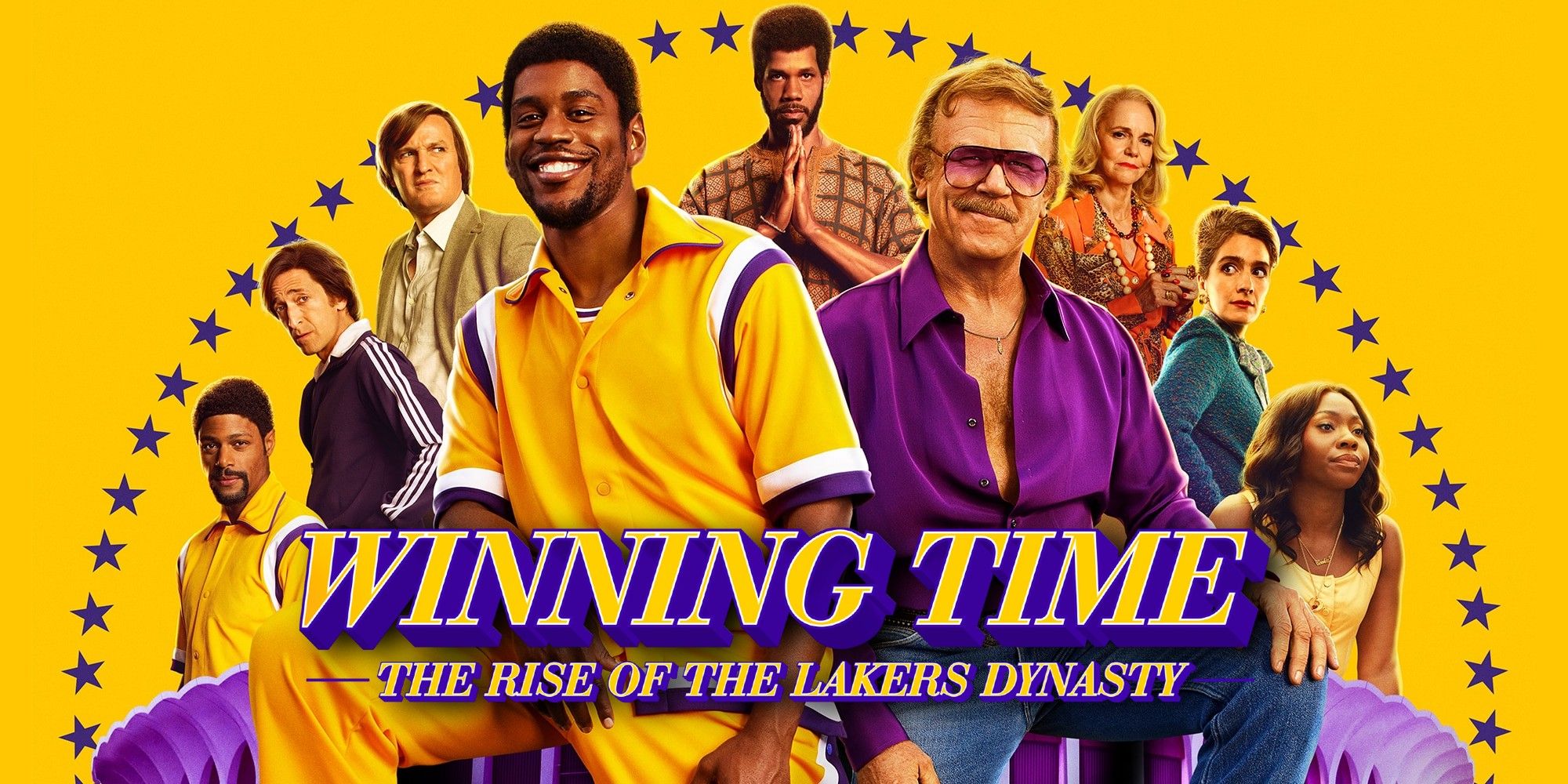
The Jaw-Dropping Plot Twist That Led to Season 2's Downfall on Winning Time

Discover how one storyline in Season 2 of Winning Time hindered the show's momentum Find out how the complex relationship between Magic and Cookie affected the narrative and why phone conversations took away from the primary stories Dive into the captivating world of Winning Time and its challenges
Summary
Winning Time's cancellation can be attributed, in part, to a narrative centered around Magic Johnson's romance with his ex-girlfriend, Cookie. This storyline frequently diverted attention from the gripping drama and resulted in a slower pace for the show.
The phone conversations between Magic and Cookie, intended for exposition, became lengthy and disrupted the flow, diverting attention from the main storylines and leaving fans craving more conflict among teammates and management choices.
The show's emphasis on a non-team relationship detracted from its core goal of narrating the Lakers dynasty's ascent and descent, ultimately creating the perception that excessive time was devoted to characters conversing on the phone rather than on the basketball court.
HBO Max announced the cancellation of Winning Time season 2, marking the end of the show. One storyline in particular can be attributed to the downfall of the series. Adapted from Jeff Pearlman's book titled Showtime: Magic, Kareem, Riley, and the Los Angeles Lakers Dynasty of the 1980s, the show aimed to depict the journey of the Los Angeles Lakers from Magic Johnson's draft in 1979 to his announcement of contracting HIV in 1991. However, despite its ambitions, Winning Time was ultimately canceled after two seasons.
The show was notable for its exceptional performances by John C. Reilly, Adrien Brody, Jason Segel, and breakout stars Quincy Isaiah and Solomon Hughes. It captivated viewers with its multiple storylines that delved into the lives of Lakers players, management, opponents, and their families, showcasing how the team's triumphs and failures affected them. However, there was one particular storyline that consistently disrupted the momentum and drama of the show, potentially contributing to its cancellation.
Magic and Cookie's Relationship Slowed Down the Momentum of the Show
Throughout season 2 of Winning Time, a significant amount of focus was placed on phone conversations between Magic Johnson and his former girlfriend, Earletha "Cookie" Kelly, who resided in Michigan. The first season highlighted Magic's infidelity to Cookie during his college years and rookie season in the NBA, ultimately leading to their breakup as Cookie sought a more ordinary life in Michigan while Magic remained in Los Angeles. Despite the pressures and emotional challenges of being a renowned athlete, Magic frequently reached out to Cookie to discuss his thoughts and attempt to mend their relationship.
While Winning Time excelled in capturing the intense on-court basketball action, the rivalry with the despised Boston Celtics, and the behind-the-scenes tensions involving owner Jerry Buss, coach Pat Riley, and general manager Jerry West, each scene featuring Magic and Cookie diverted attention from the enthralling drama, resulting in a slower pace and diminished stakes for the show.
Phone Conversations Provided Exposition But Took Time Away From Primary Stories
Season 1 of Winning Time consisted of 10 episodes and centered around Magic Johnson's rookie season in 1979-1980, which included his first championship. However, Season 2, consisting of only seven episodes, attempted to cover four seasons. This fast-paced approach resulted in the need to quickly skim over important details at times. The phone conversations between Magic and Cookie were originally meant to provide insight into what was happening during the gaps, Magic's emotions, and his intentions. Unfortunately, this storytelling device ended up hindering the show's momentum, as the conversations became overly prolonged.
In essence, Winning Time was intended to be a narrative about the rise and fall of one of the greatest dynasties of the 20th century. However, too much screen time was dedicated to a relationship outside of the team dynamic. Audiences were hoping for more tension among teammates, managerial decisions, and the rivalry between Los Angeles and Boston, but instead, a different aspect of the story took precedence. As it stands, it appears unlikely that another network will pick up Winning Time for a Season 3. Therefore, the lasting impression of the show will be that it placed excessive emphasis on character interactions over on-court basketball action.















